Intergenerational Cycles of Trauma and Violence: An Attachment and Family Systems Perspective
$35.96
Description
She proposes that an increased risk for abusive behavior or revictimization, as a function of one’s own experiences of abuse or trauma in childhood, can best be understood through the complementary lenses of attachment theory (focusing on the relationship between the child and the caregiver) and family systems theory (focusing on the larger context of this relationship). That is, what a child acquires from her relationship with a caregiver is not simply a reflection of what she has “learned” from experiencing or witnessing abuse. Rather, it emerges from the child’s felt experience of the relationship itself–on implicit emotional, physical, and neurobiological levels.
Alexander founds the book on this multifaceted parent-child attachment relationship and its place in the wider family system, integrating clinical experience with close attention to the long-term neurobiological and epigenetic effects of trauma. She focuses on common outcomes of a history of maltreatment, and of child sexual abuse in particular, including peer victimization, partner violence, parenting problems, and sexual offending. A detailed review of the literature accompanies instructive case examples. Sources of trauma from outside the family, including combat exposure, political terrorism, foster care, and incarceration of parents are considered. Finally, Alexander analyzes the multiple sources of natural resilience–the neurobiological, the individual, the relational, and the social–to enable professionals of all backgrounds to tailor-make effective interventions for interrupting cycles of trauma and violence.
Author: Alexander, Pamela C
Topic: Psychology
Media: Book
ISBN: 393707180
Language: English
Pages: 384
Additional information
| Weight | 1.63 lbs |
|---|---|
| Dimensions | 9.3 × 6.4 × 1.4 in |


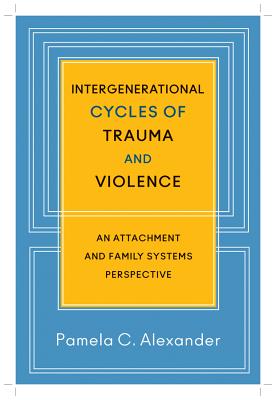
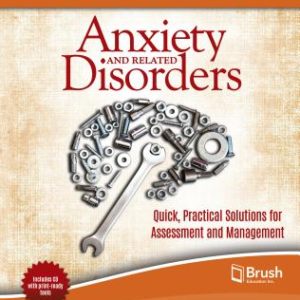
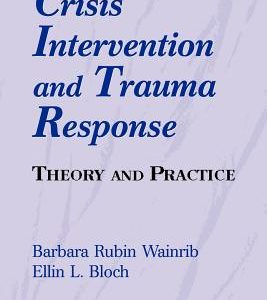
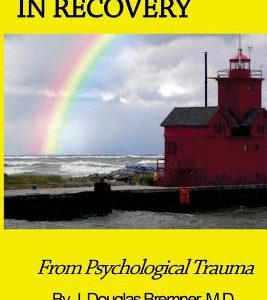
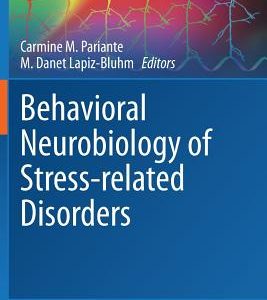
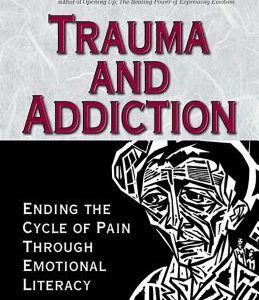


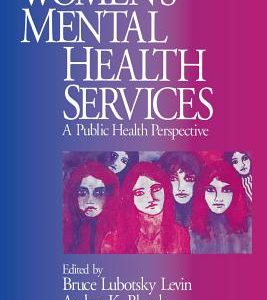
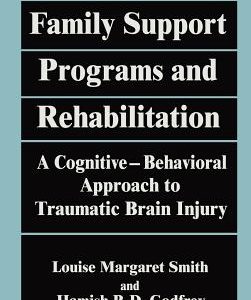
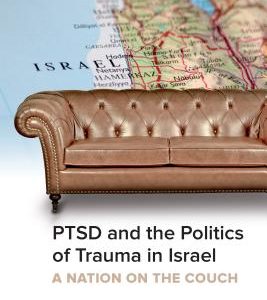
Reviews
There are no reviews yet.